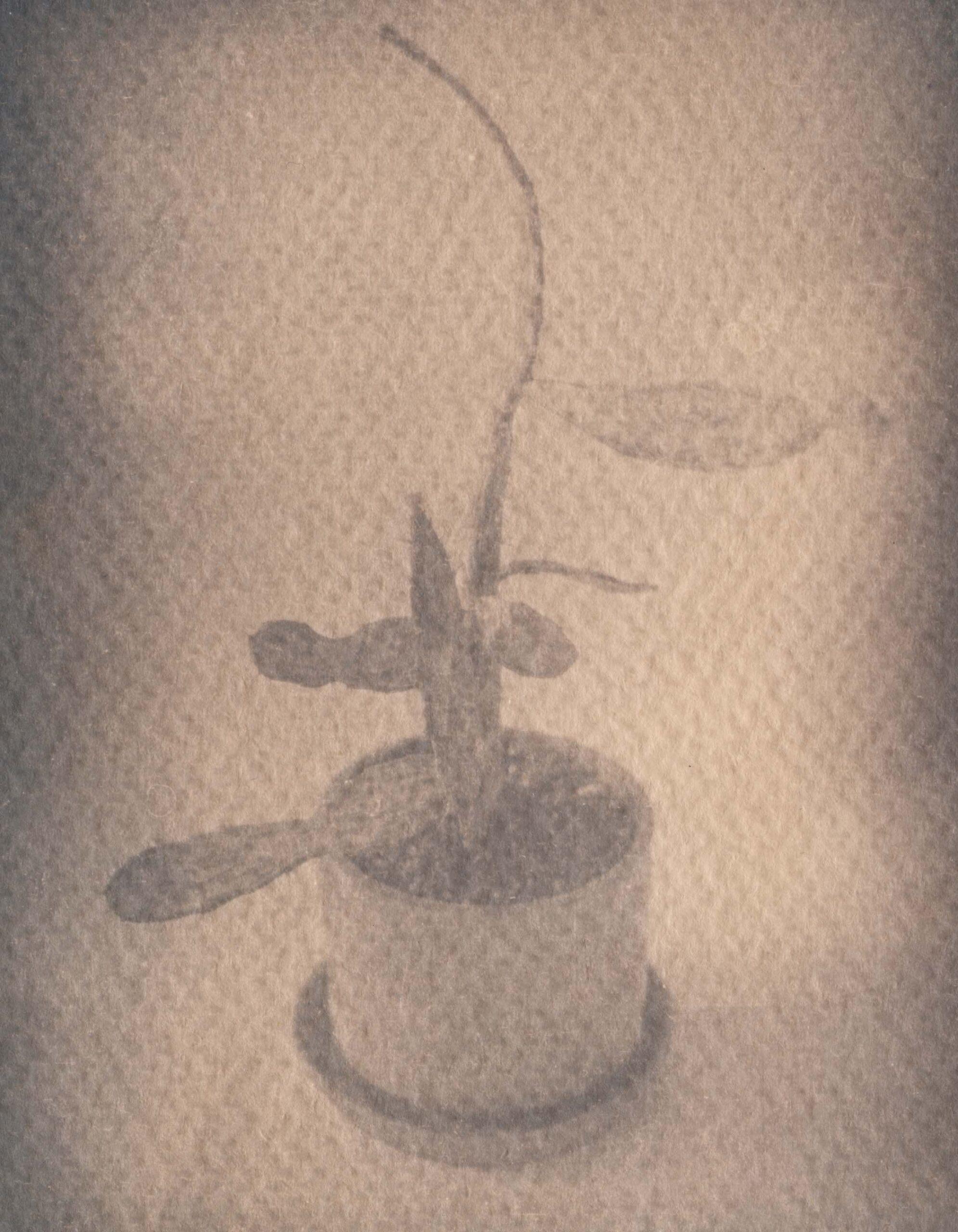 I don’t remember a time when men, young, elderly, or middle-aged, stranger, or familiar, didn’t randomly confide in me the most traumatic horrors of their reality. Is there something about my bespectacled face? My half-broken nose? Is it my beard? Is it too philosophic, should it be more fundamentalist? Or maybe it’s something subcutaneous, a subconscious sense, a kindred recognition.
I don’t remember a time when men, young, elderly, or middle-aged, stranger, or familiar, didn’t randomly confide in me the most traumatic horrors of their reality. Is there something about my bespectacled face? My half-broken nose? Is it my beard? Is it too philosophic, should it be more fundamentalist? Or maybe it’s something subcutaneous, a subconscious sense, a kindred recognition.
I remember meandering about the converted motel I unfortunately called home in Phoenix and passing-by a beer-bellied neighbor whom I had never known. He was buffing a cerulean 1984 Mercedes-Benz SL280 convertible, the same model I rode in when my uncle made me his marriage counselor, the same model I rode in when my father made me his PTSD therapist. “That’s one helluva a car,” I said. My neighbor scanned me once and replied: “So yeah man, about two years ago, my ex-wife had a kinda miscarriage.” I never even learned his name.
I remember my downstairs-neighbor, Leo, the 60-something cuckoo-clock collector with a yarmulke-sized bald spot who ambled up to my apartment in Salt Lake City one day and said: “Hey man, I’m Leo, you wanna like watch a movie, smoke some weed, it’d be nice to talk to somebody since my son got shot.”
If it’s not my damn face, maybe it’s America’s.
I remember reading that loneliness increases the risk of premature death by 29%. I also remember a study reporting that 1 in 5 American men, across all age groups, admit to not having even a single close friend. For the men that did have a buddy in their life, only about a fifth of them actually received some form of emotional support from their pal.
I remember all the time’s my friend William texted me in the lead-up to his opiate-induced OD, all the time’s Dirk e-mailed me drafts of his suicide notes looking for workshop critiques, all the late-nights Alex phoned me to talk about his belt-wielding papa and the Smith & Wesson that was beginning to look mighty warm in the corner of his eye.
I remember the time my father took an Uber to the Huntsman Cancer Institute to have a malignant tumor the size of a ping-pong ball removed from his left kidney, along with said kidney. He never told anyone he had cancer, but I’d like to imagine he poured it into the driver, felt the liberation that comes with conversing with a stranger; a rare moment of vulnerability, wherein the driver saw my father better than I ever will.
I don’t remember ever knowing what to say when offered a slice of grief, heartbreak, guilt, or shame, but I know what it’s like to be lost within yourself, so, I just stare back at them with a neutral face and say: “I hear you man, I hear you.”
___
Emad Jabini is an Iranian-American writer and educator based in Phoenix, AZ. He earned his MA in Literary and Cultural Studies from the University of Utah and is currently an MFA candidate in Fiction at Arizona State University. His writing has appeared in the Texas Review and the Goliad Review and was a finalist for the 2020 CRAFT Creative Nonfiction Award. He has received support from the Vermont Studio Center, The Kenyon Review, the Center for Imagination in the Borderlands, and the Virginia G. Piper Center for Creative Writing. He is the current Nonfiction Editor for Hayden’s Ferry Review.

8 comments
Filiz Turhan says:
Sep 21, 2024
I’ve had strange moments like this, too. I think you’re right; what else can you say but “I hear you.” It’s a lot.
Jamie Holland says:
Oct 3, 2024
Love this piece. So well written. And all the “I remember” and recalling how men recounted their deep, dark truths to a perfect stranger. Well done!
Sue Repko says:
Oct 7, 2024
This is SO good! As someone who has had a lot of stories dropped on her, I can relate, but this really gets at a version of male loneliness. I really like the repetition of “I remember,” bracketed by “I don’t remember” to start the first and last paragraphs.
“Or maybe it’s something subcutaneous, a subconscious sense, a kindred recognition.” Yes, I think — all of the above. And this, too: “If it’s not my damn face, maybe it’s America’s.” So much heartache to bear. Thanks for sharing this.
Mark says:
Oct 13, 2024
As a financial consultant for 34 years, I have herd many such tales. I turn 90 in December. I no longer hear them. I no longer have anyone to tell mine to.
Catherine Stratton says:
Oct 13, 2024
Beautifully written and . . . heartbreaking.
Joy Gaines-Friedler says:
Oct 22, 2024
There is nothing like an interesting character. This guy, oh it’s you, is so “knowable” from the writing. As is American culture. I love these lines/sentences: “Is it my beard? Is it too philosophic, should it be more fundamentalist? That’s a knockout.
Michael Gills says:
Nov 20, 2024
Way to go, Emad. Bravo. Michael Gills
jiyubjj says:
Dec 4, 2024
“Love this! Sometimes, just knowing someone hears you can make all the difference. It’s such an important reminder about the power of empathy and listening. What do you think is the best way to truly support someone who’s going through a tough time?”